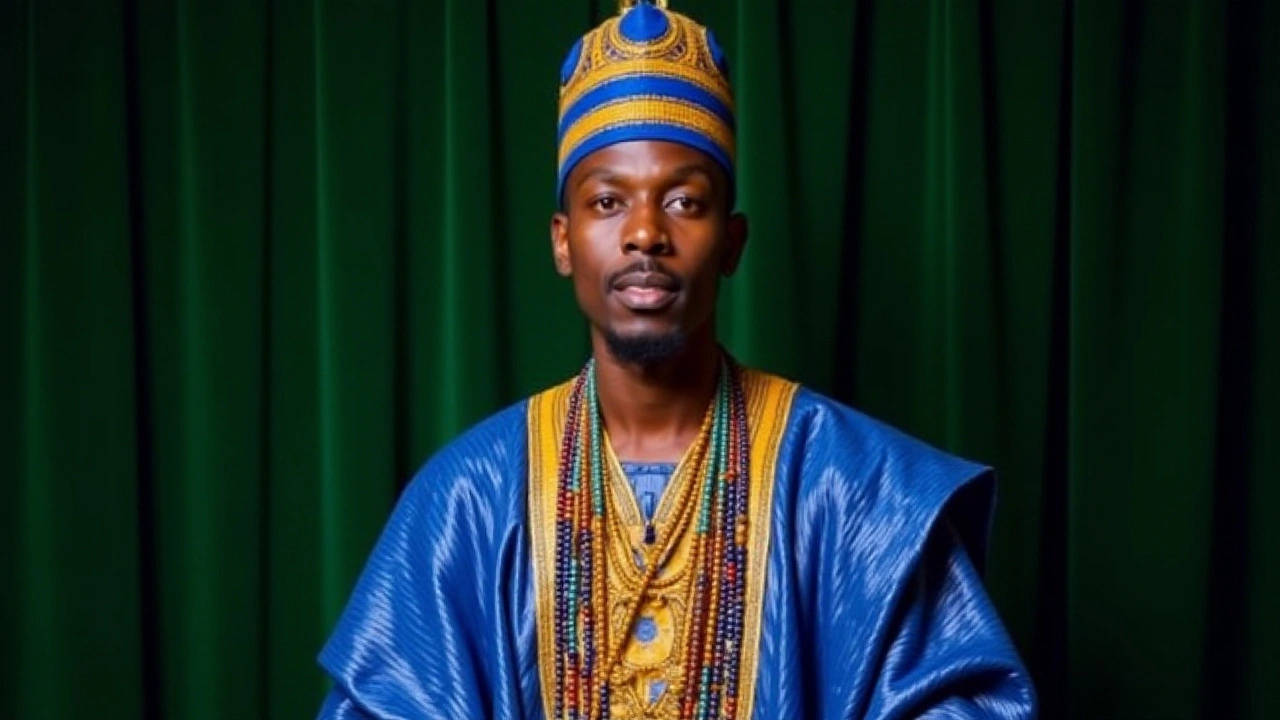Yoruba Culture: A Simple Look at History, Traditions & Daily Life
If you’ve ever heard the name "Yoruba" and wondered what it really means, you’re not alone. The Yoruba people are one of West Africa’s biggest groups, mainly in Nigeria but also in Benin and Togo. Their culture mixes ancient stories, music, dance, food and a language that still thrives today.
Why the Yoruba Story Matters
The Yoruba have a deep oral tradition—old tales about gods called Orishas are passed down by storytellers called babalawos. These stories explain everything from how the world began to why certain festivals happen. Knowing these myths helps you understand why the community celebrates events like Eyo or Oshun Festival.
Language is another big piece. Yoruba is tonal, meaning a word’s meaning can change with its pitch. If you learn just a few greetings—like "Bawo ni?" (How are you?)—you’ll instantly feel more connected when chatting with locals.
Everyday Traditions You Can Try
Food is the easiest entry point. Dishes like jollof rice, pounded yam and egusi soup are staples. Cook one at home and you’ll taste the blend of spices that families have used for generations.
Music is everywhere. The talking drum ("dun dun") can mimic speech, so listening to a drum solo feels like hearing a conversation. Even if you’re not a drummer, streaming a Yoruba playlist gives you a feel for the rhythm of daily life.
Finally, look at clothing. Bright wrappers and embroidered tops aren’t just fashion; they signal status, region, and even marital status. Wearing a simple wrapper during a cultural event shows respect and keeps tradition alive.
All this fits right into Zulu Surf Riders Daily’s broader coverage. While the site covers sports, tech and politics, our tag pages let you dive deep into topics like Yoruba culture without scrolling through unrelated posts.
Got questions about a specific festival or want to learn a phrase? Drop a comment below—our community loves sharing quick tips that anyone can use.

